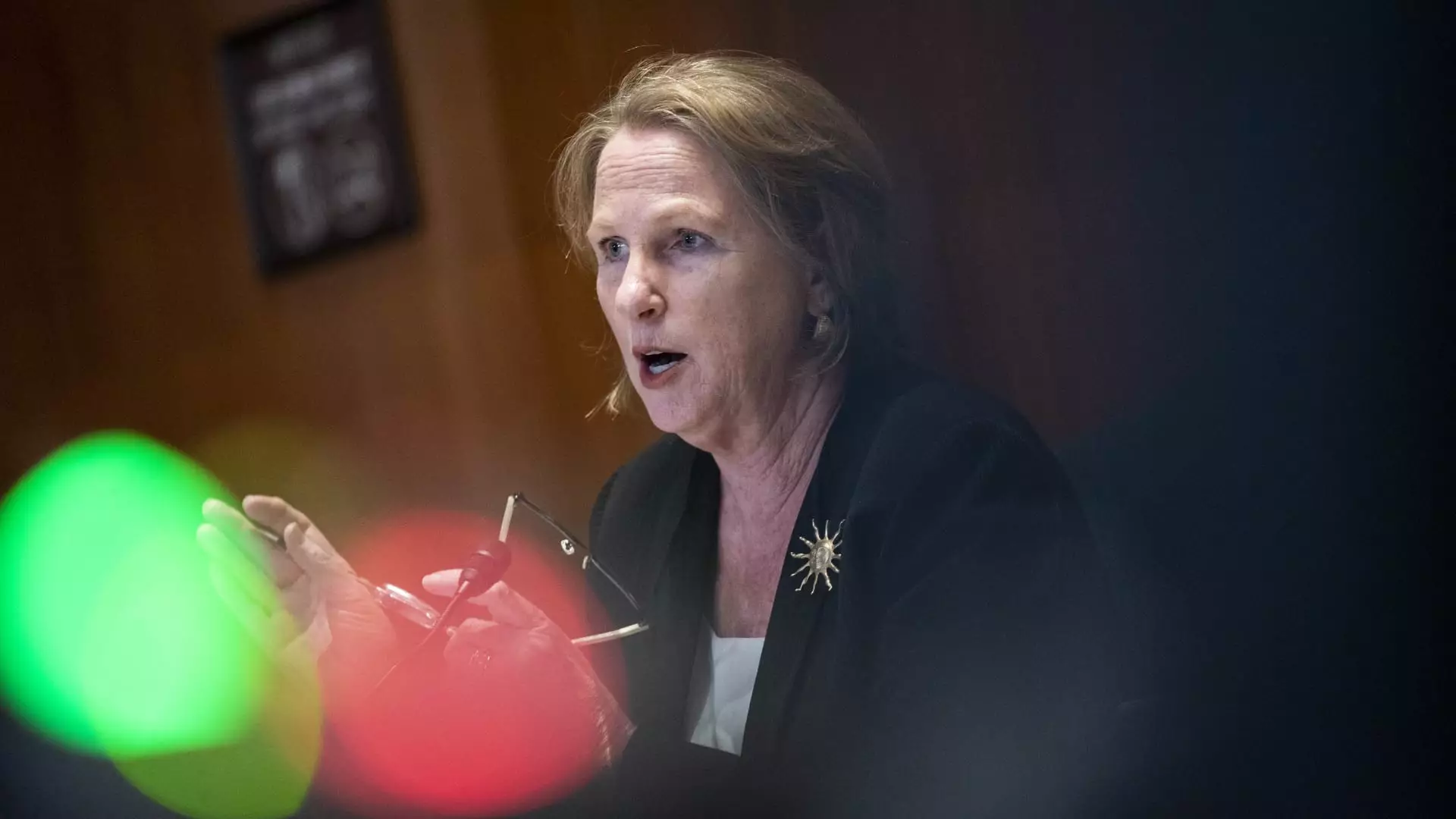In recent months, the Internal Revenue Service (IRS) has found itself at the crossroads of political scrutiny and fiscal responsibility. As a Republican-led Congress takes aim at federal spending, the IRS’s internal watchdog has raised alarms over the potential impacts of proposed budget cuts, particularly concerning taxpayer services and technological advancements. Erin Collins, the National Taxpayer Advocate, underscores the pressing need to reassess the agency‘s funding priorities, especially amid substantial allocations from the Inflation Reduction Act.
The annual report released by the National Taxpayer Advocate reveals a stark contrast in funding allocations that could diminish taxpayer services. The Inflation Reduction Act notably designates 58% of its $78.9 billion budget to enforcement measures, leaving a mere 4% for taxpayer service and 6% for technology modernization. This disproportionate funding has raised concerns about the effectiveness of the IRS in providing quality service to taxpayers. Collins elucidates how investing in improved taxpayer experiences not only enhances fairness but also potentially boosts compliance rates. The report suggests that adequate support for operations can lead to reduced reliance on enforcement, fostering a more cooperative tax environment.
The impending threat of further budget cuts raises significant concerns. The IRS collected approximately $98.7 billion in fiscal year 2024 through enforcement, a figure that accounts for less than 2% of overall federal revenues. The remaining 98% of federal income derives from self-assessed taxes, emphasizing the importance of an efficient and effective taxpayer service system. When Collins warns that reductions in enforcement funding should not translate to cuts in taxpayer services, she highlights the interconnected nature of these facets of IRS operations. Disregarding the symbiosis between enforcement and service could hinder taxpayers’ willingness to comply, ultimately leading to decreased federal revenues and increased enforcement expenses.
Looking ahead, the political climate poses additional challenges. The IRS has already faced a $20 billion funding cut as a consequence of negotiations within the 2023 budget, with Congress’s recent actions further tightening fiscal reins. The potential for deeper cuts looms large, particularly with Republicans at the helm of both Congress and the White House, which could significantly impair the IRS’s ability to operate effectively in the coming years.
Addressing the Funding Imbalance
The call for lawmakers to reconsider funding allocations is growing louder, as experts emphasize that a balanced approach is essential. By preserving funding for both taxpayer services and technological advancements, Congress could provide the IRS with the tools necessary to enhance compliance and streamline operations. A well-funded IRS not only benefits taxpayers but ultimately contributes to the overall efficiency and effectiveness of government revenue collection. As discussions about budget cuts continue, it is imperative for stakeholders to engage in a dialogue that prioritizes taxpayer support and service, ensuring a more equitable tax system for all.

